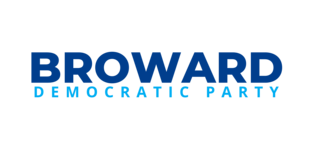Supreme Court Strikes Down Aggregate Limits on Federal Campaign Contributions
New York Times
By ADAM LIPTAK
WASHINGTON — The Supreme Court on Wednesday issued a major campaign finance decision, striking down some limits on federal campaign contributions for the first time. The ruling, issued near the start of a campaign season, will change and most likely increase the already large role money plays in American politics.
The decision, by a 5-to-4 vote along ideological lines, with the Court’s more conservative justices in the majority, was a sequel of sorts to Citizens United, the 2010 decision that struck down limits on independent campaign spending by corporations and unions. But that ruling did nothing to affect the other main form of campaign finance regulation: caps on direct contributions to candidates and political parties.
Wednesday’s decision in McCutcheon v. Federal Election Commission, No. 12-536, addressed that second kind of regulation.
It did not affect familiar base limits on contributions from individuals to candidates, currently $2,600 per candidate in primary and general elections. But it said that overall limits of $48,600 by individuals every two years for contributions to all federal candidates violated the First Amendment, as did separate aggregate limits on contributions to political party committees, currently $74,600.
